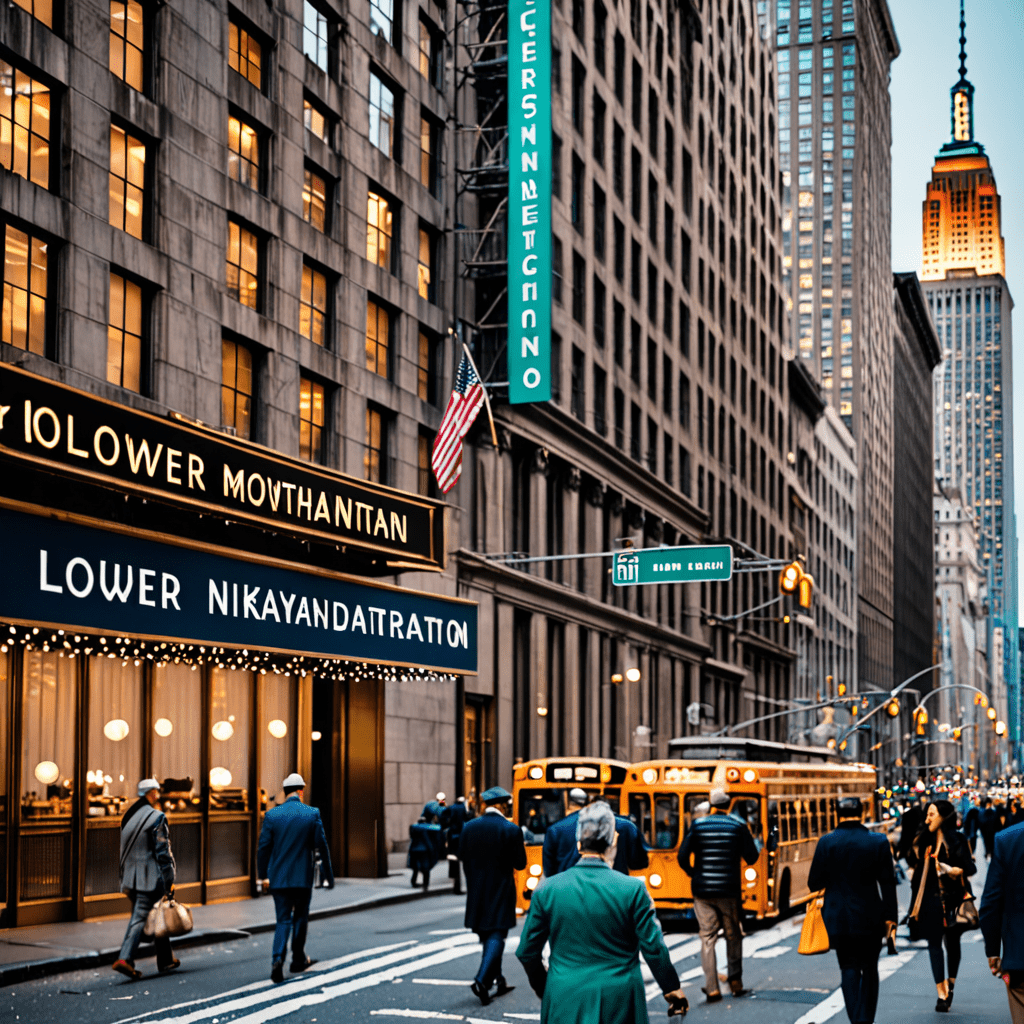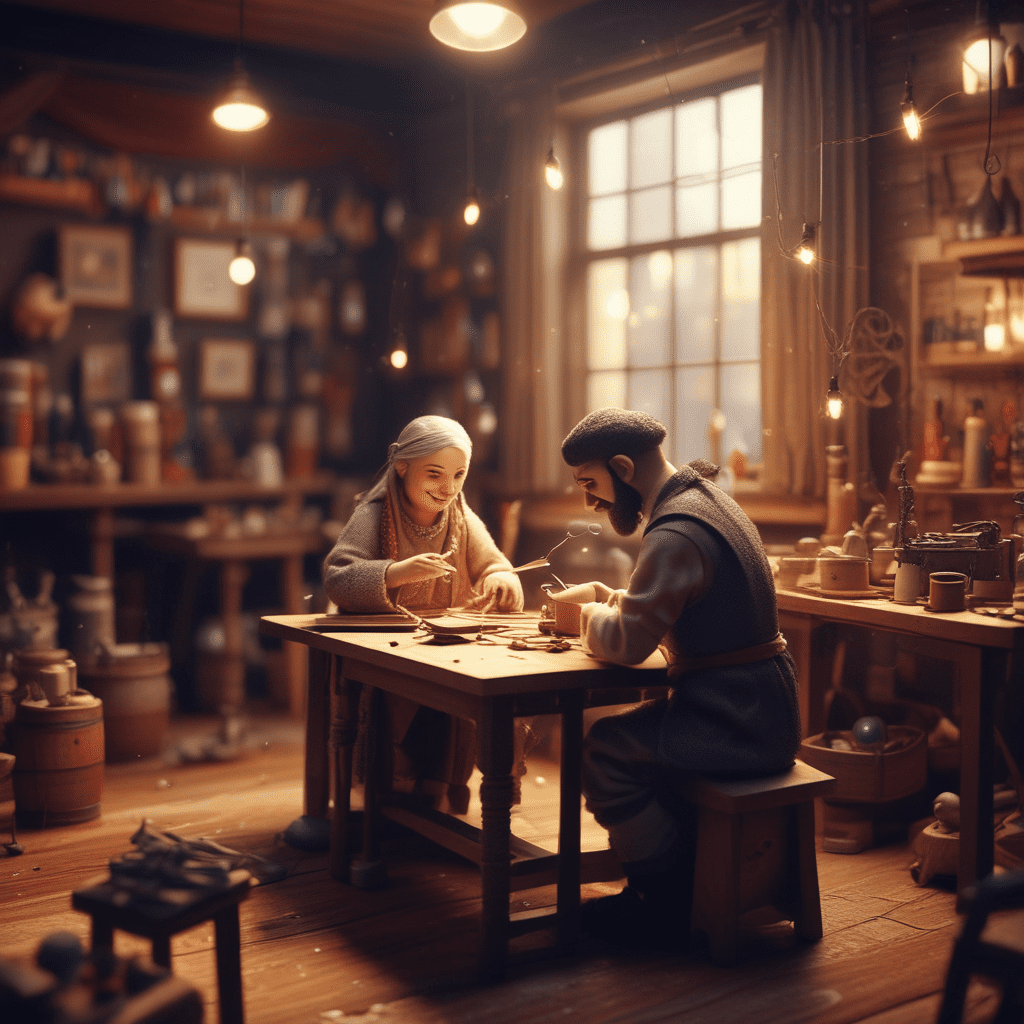Traditional Festivals Celebrated in Bangladesh
Bangladesh is a vibrant country with a rich cultural heritage, reflected in its numerous traditional festivals. Each festival holds deep significance, bringing communities together in celebration and showcasing the country's diverse traditions.
Pohela Boishakh: New Year’s Day
Pohela Boishakh, celebrated on April 14th, marks the beginning of the Bengali New Year. With origins dating back to ancient times, this festival signifies new beginnings and the arrival of spring. Celebrations include the Mangal Shobhajatra, a colorful procession featuring traditional music, dance, and art. People adorn themselves in new clothes and partake in feasts featuring traditional dishes. The festival holds immense cultural value, symbolizing hope, renewal, and the triumph of good over evil.
Eid-ul-Fitr: End of Ramadan
Eid-ul-Fitr, the "Festival of Breaking the Fast," concludes the holy month of Ramadan. Muslims observe this day with prayers, feasts, and family gatherings. It is a joyous occasion that marks the completion of spiritual purification and fasting. Celebrations include exchanging gifts, wearing new clothes, and sharing meals with loved ones. The festival promotes unity, compassion, and forgiveness, strengthening the bonds within the community.
Eid-ul-Azha: Festival of Sacrifice
Eid-ul-Azha, the "Festival of Sacrifice," commemorates the Prophet Ibrahim's willingness to sacrifice his son Ismail. During this festival, Muslims perform animal sacrifices and distribute the meat among family, friends, and the needy. It is a time for reflection, gratitude, and reinforcing the values of sacrifice and obedience. The festival also includes traditional rituals, cultural performances, and festive feasts.
Durga Puja: Celebration of the Goddess Durga
Durga Puja, celebrated in autumn, is dedicated to the Goddess Durga, who symbolizes strength, protection, and victory. The festival involves erecting elaborate pandals (temporary structures) where idols of Durga are worshiped. During the festival, devotees participate in processions, prayers, and cultural performances. The festival reaches its climax with the immersion of the idols in rivers or ponds, symbolizing the goddess's return to her celestial abode. Durga Puja is not only a religious festival but also a showcase of Bengali art, culture, and community spirit.
Pahela Falgun: Spring Festival
Pahela Falgun, marking the arrival of spring on February 13th, is a vibrant celebration of colors and joy. People dress in colorful traditional attires and gather in parks, villages, and public spaces to sing folk songs and perform dances. The festival showcases the artistic and cultural traditions of Bangladesh, with poets reciting verses and performers showcasing their talents. Pahela Falgun represents the beauty and abundance of the season, promoting cultural expression and community bonding.
Nobanno: Harvest Festival
Nobanno, celebrated in late autumn, is a festival of gratitude for a bountiful harvest. Farmers offer their first crops to deities as a symbol of thanksgiving. The festival showcases traditional dance and music performances, with farmers and villagers dressing in colorful attire and participating in lively processions. Nobanno reflects the agricultural heritage of Bangladesh and reinforces the values of community, cooperation, and respect for nature.
Rath Yatra: Chariot Festival
Rath Yatra, a Hindu festival, commemorates the journey of Lord Jagannath, Lord Balabhadra, and Goddess Subhadra from their temple to Gundicha Ghar. The festival features grand chariots carrying the deities paraded through the streets. Devotees gather in large numbers to witness the procession and offer prayers. Rath Yatra is not only a religious event but also a vibrant display of culture, art, and devotion, attracting visitors from far and wide.
Victory Day: Liberation from Pakistan
Victory Day, celebrated on December 16th, marks Bangladesh's victory in the Liberation War against Pakistan in 1971. It is a day of national pride and remembrance for the sacrifices made in the struggle for independence. Celebrations include parades featuring the country's armed forces, patriotic displays, and cultural performances. Victory Day reinforces the spirit of unity, patriotism, and the indomitable will of the Bangladeshi people.
International Mother Language Day
International Mother Language Day, observed on February 21st, pays tribute to the martyrs who lost their lives in 1952 while protesting for the recognition of the Bengali language. The day promotes linguistic diversity and cultural heritage. Celebrations include special programs in educational institutions, cultural events, and public speeches. International Mother Language Day raises awareness about the importance of preserving and celebrating the diverse languages spoken in Bangladesh and around the world.
FAQs
What is the most popular festival celebrated in Bangladesh?
Eid-ul-Fitr and Durga Puja are among the most popular and widely celebrated festivals in Bangladesh.
What is the significance of Pohela Boishakh?
Pohela Boishakh marks the beginning of the Bengali New Year and is a symbol of new beginnings, cultural heritage, and economic prosperity.
What is the traditional dress worn during Pahela Falgun?
Pahela Falgun is a colorful festival where people wear traditional attires, including colorful saris and lungis, to celebrate the arrival of spring.
What is the religious significance of Rath Yatra?
Rath Yatra commemorates the journey of Lord Jagannath, Lord Balabhadra, and Goddess Subhadra and is a significant festival in the Hindu religion.
What is the historical importance of Victory Day?
Victory Day marks Bangladesh's victory in the Liberation War against Pakistan and is a day of national pride and remembrance for the sacrifices made in the struggle for independence.

